Mito y significado
- 112 páginas
- 4 horas de lectura
Claude Lévi-Strauss fue un antropólogo francés que revolucionó nuestra comprensión de la cultura humana. Su antropología estructural se centró en las estructuras invisibles y universales del pensamiento que conectan a la humanidad bajo la superficie de diversas tradiciones. Rechazó la idea de que la civilización occidental fuera superior, enfatizando que la 'mente salvaje' es tan racional y compleja como la 'civilizada'. Su obra examina patrones profundos en mitos, arreglos sociales y reglas matrimoniales, revelando categorías mentales compartidas a través de las culturas. Lévi-Strauss invitó a los lectores a reconsiderar las suposiciones sobre la naturaleza humana y el relativismo cultural.

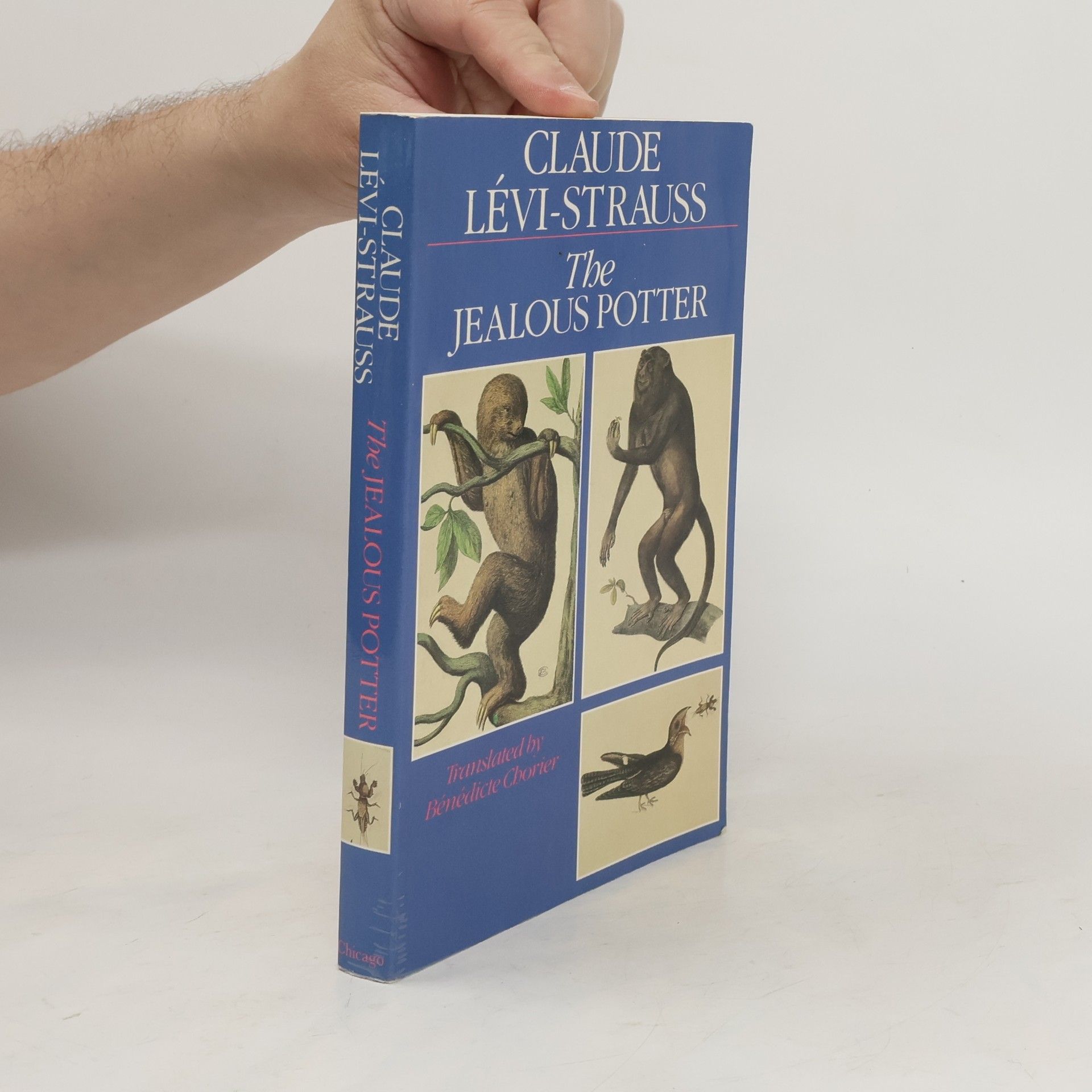
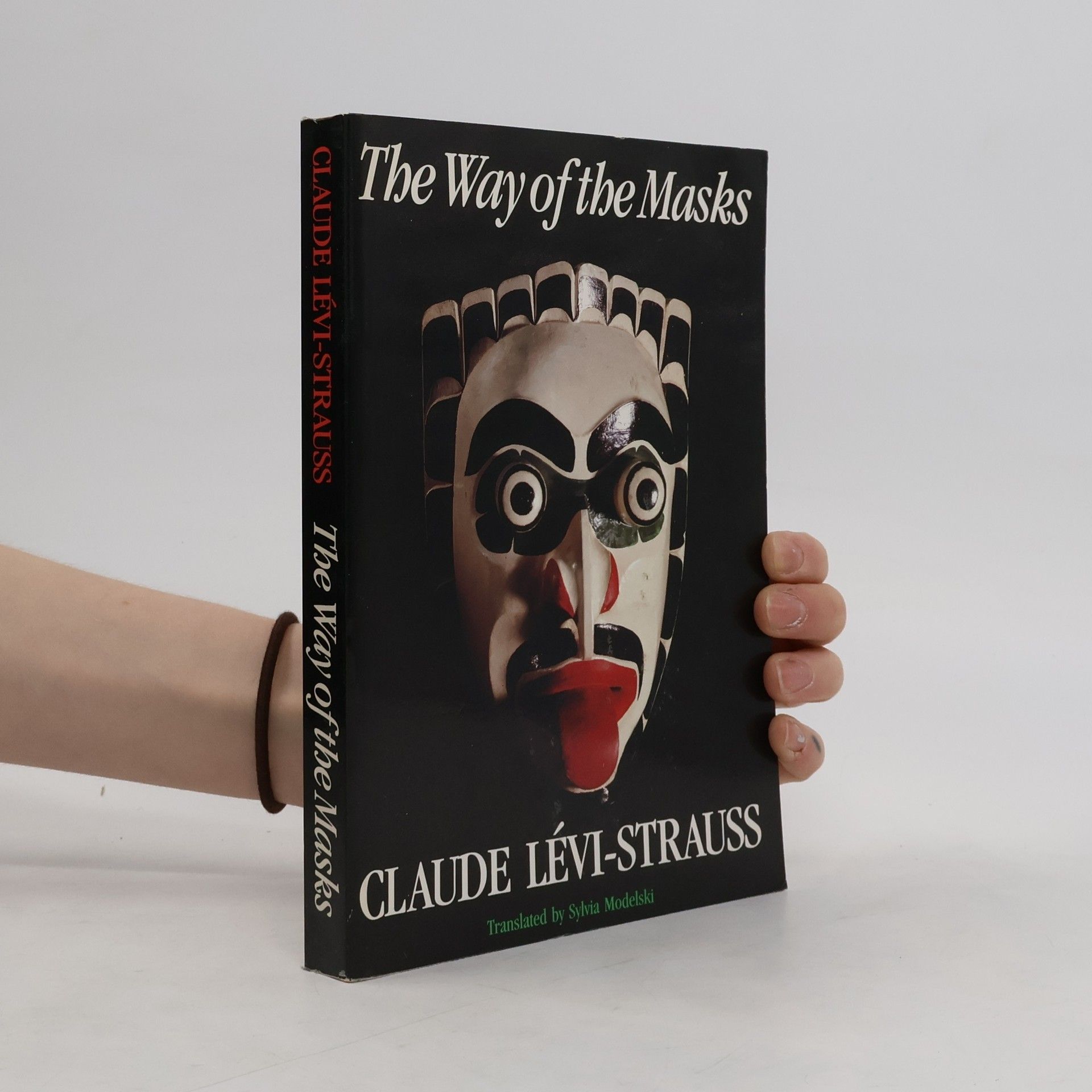
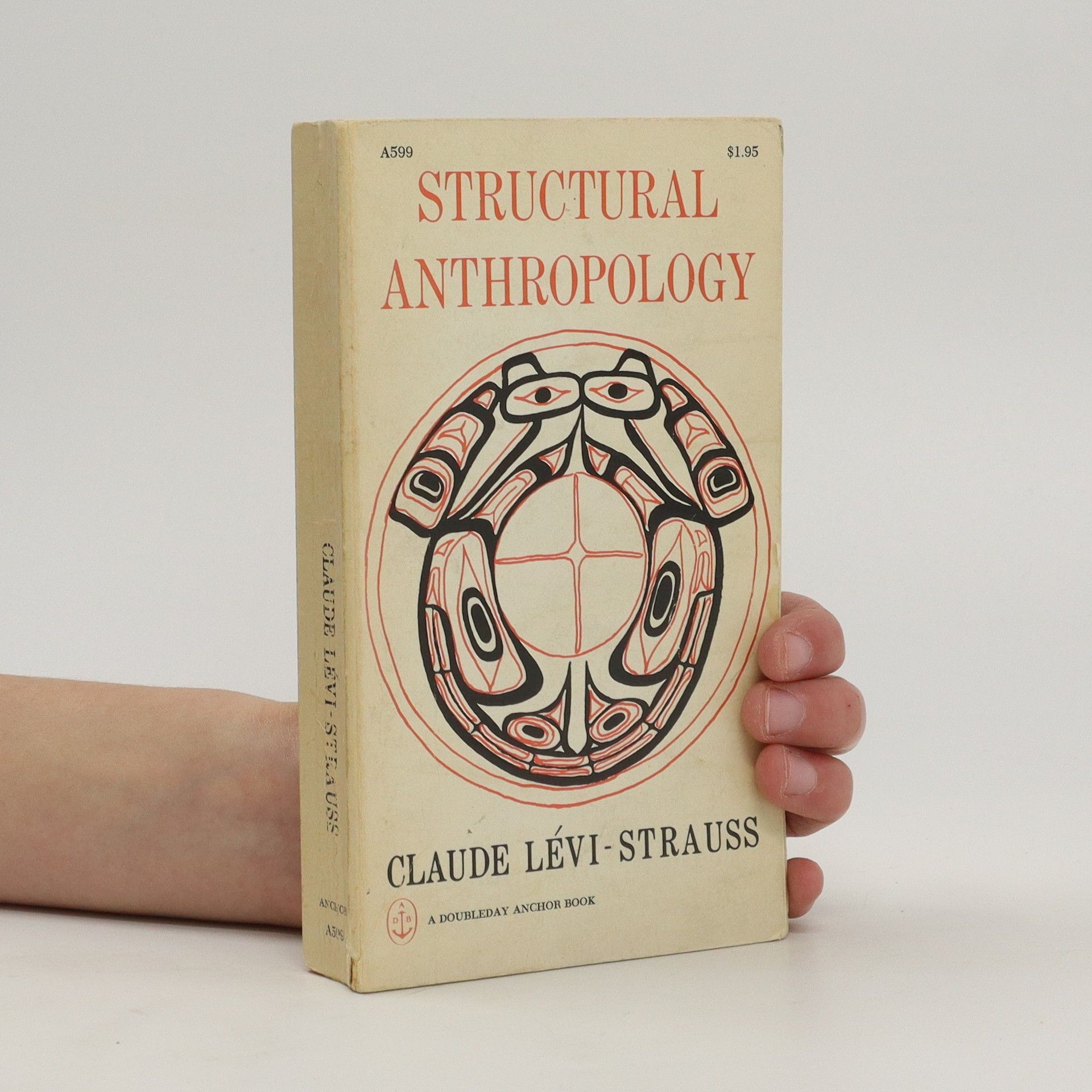
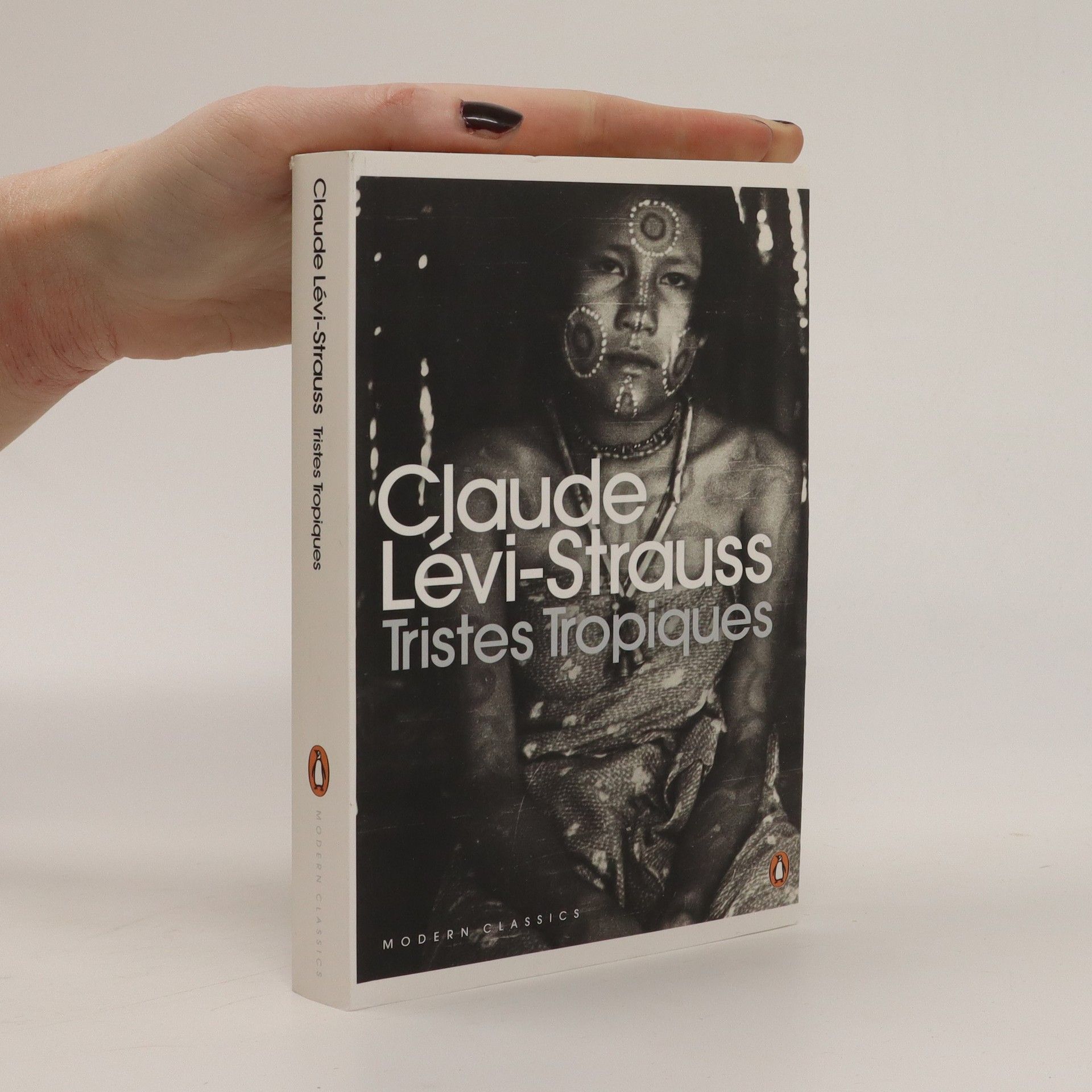

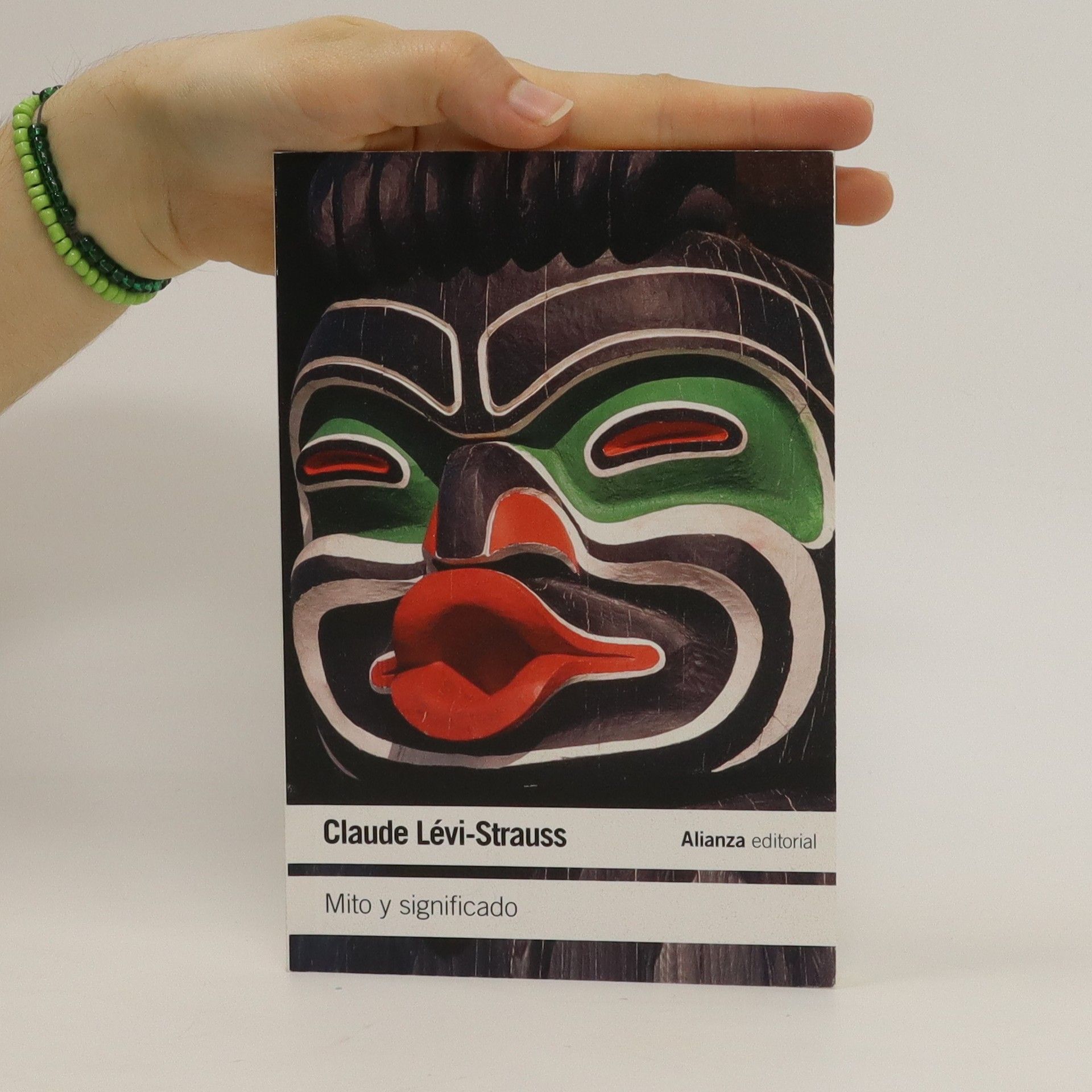
Presented here are 10 authentic retellings of traditional Haida myths and folktales. The stories range from bawdy tales of how the first Haida were brought to the Queen Charlotte Islands, to poignant narratives of the complexities of love in a world where animals speak, dreams come alive, and demigods, monsters, and people live side by side. 10 illustrations.
'One of the great books of our century . . . It speaks with a human voice' Susan Sontag Tristes Tropiques begins with the line 'I hate travelling and explorers', yet during his life Claude L�vi-Strauss travelled from wartime France to the Amazon basin and the dense upland jungles of Brazil, where he found 'human society reduced to its most basic expression'. His account of the people he encountered changed the field of anthropology, transforming Western notions of 'primitive' man. Tristes Tropiques is a major work of art as well as of scholarship. It is a memoir of exquisite beauty and a masterpiece of travel writing: funny, discursive, movingly detailing personal and cultural loss, and brilliantly connecting disparate fields of thought. Few books have had as powerful and broad an impact.
This text is a collection of illustrations of masks from the Northwest Coast.
As Lévi-Strauss freely explores the mythologies of the Americas, with occasional incursions into European and Japanese folklore, tales of sloths and squirrels interweave with discussions of Freud, Saussure, "signification," and plays by Sophocles and Labiche. Lévi-Strauss critiques psychoanalytic interpretation and defends the interpretive powers of structuralism."Electrifying. . . . A brilliant demonstration of structural analysis in action. . . . Can be read with pleasure and profit by anyone interested in that aspect of self-discovery that comes through knowledge of the universal and timeless myths that live on in all of us."—Jonathan Sharp, San Francisco Examiner-Chronicle"A characteristic tour de force. . . . One remains awed by him."—Colin Thubron, Sunday Times"With all its epistemological depth, the book reads at times like a Simenon or a Lewis Carroll, fusing concise methodology with mastery of style."—Bernadette Bucher, American Ethnologist"[An] engagingly provocative exploration of mythology in the Americas. . . . Always a good read."—Choice"A playful, highly entertaining book, fluently and elegantly translated by Bénédicte Chorier."—Wendy Doniger O'Flaherty, New York Times Book Review
"Through a fertile mixture of insights gleaned from linguistics and from sociology and ethnology, Lévi-Strauss elaborated his theory of structural unity in culture and became the preeminent representative of structural anthropology. La Pensée sauvage, published in French in 1962, was his crowning achievement. Ranging over philosophies, historical periods, and human societies, it challenged the prevailing assumption of the superiority of modern Western culture and sought to explain the unity of human intellection. Fatefully titled The Savage Mind in English, the original translation nevertheless sparked a fascination with Lévi-Strauss's work among generations of Anglophone readers. Wild Thought: A New Translation of "La Pensée sauvage" rekindles that spark. An indispensable addition to any philosophical and anthropological library, this new translation, with critical annotations for the contemporary reader, restores the accuracy and integrity of the book that changed the course of twentieth-century thought"--
From the back cover: "This work is significant not only for students of anthropology but for students of philosophy and psychology as well. The distinguished anthropologist Claude Lévi-Strauss examines here the great variety of beliefs encompassed by totemism, the attacks to which it has been subject, and the constant attempts to restore useful meaning to it. His account deals with the views of such renowned anthropologists as Boas, van Gennep, Elkin, Fortes, Firth, Evans-Pritchard, and Radcliffe-Brown; it also brings to light some neglected observations by Bergson and Rousseau. In reviewing the major theories about totemism, the author notes that it has gradually come to be understood not as a distinctive institution, but as a way of thinking which is as characteristic of our own thinking as it is of the "primitives" for whom totemism was an integral part of life.
"Lévi-Strauss is a French savant par excellence, a man of extraordinary sensitivity & human wisdom...a deliberate stylist with profound convictions & convincing arguments...[The Raw & the Cooked] adds yet another chapter to the tireless quest for a scientifically accurate, esthetically viable & philosophically relevant cultural anthropology...[It's] indispensable reading."--Natural History Illustrations Table of Symbols Overture 1 Theme & variations Bororo song 2 Ge variations The "good manners" sonata A short symphony 3 Fugue of the five senses The oppossum's cantata 4 Well-tempered astronomy Three-part Inventions Double inverted canon Toccata & fugue Chromatic piece 5 Rustic symphony in three movements Divertissement on a folk theme Bird chorus The wedding Bestiary Bibliography Index of Myths General Index